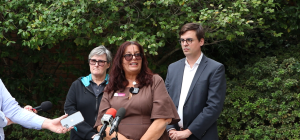The community services sector is calling for a shake up of the way money is spent in the health sector, as part of the ‘What If It Was Me?’ state election campaign.
A number of peak health bodies have banded together to call for more health funding to be redirected into community-based prevention, promotion, earlier intervention and treatment services.
WA Council of Social Service CEO Louise Giollito said spending money in these areas would deliver healthier communities.
“If you, or somebody you cared about, were affected by chronic health issues, wouldn’t you appreciate accessible, high-quality services that support and promote your health and wellbeing?” she asked.
“Increasing support to community-based and community-led services will reduce long-term costs and greatly benefit individuals, families and communities.”
WA Association for Mental Health CEO Rod Astbury said people with severe or enduring mental health problems were amongst the most marginalised in the community.
“Many live with poverty, unemployment or underemployment, fragmented supports, physical health problems, and insecure or inappropriate housing,” he said.
“Community based services operate at the frontline with those in need and very often at that point where the differing and sometimes disparate needs are readily apparent. It is at that time that it is most efficient to broker, coordinate or provide services.”
Aboriginal Health Council of WA Chairperson Michelle Nelson-Cox said improving health outcomes for Aboriginal people would require more focus on community-led programs, with ongoing consultation with Aboriginal people.
“There is clear evidence that culturally secure community-led primary health care programs are successful, with the delivery of these programs leading to improved health and wellbeing,” she said.
“Programs and services delivered by Aboriginal Community Controlled Health Organisations are the most effective and cost efficient means of engaging with Aboriginal people.”
WA Network of Alcohol and other Drug Agencies CEO Jill Rundle said there also needed to be more funding to meet the existing and projected demand for alcohol and other drug services.
“The specialised services provided by the alcohol and other drug sector in Western Australia are proven, apply evidence-based practice and make a meaningful difference,” she said.
“In tight economic times, it is a social and fiscal imperative that we prioritise initiatives based on longstanding community need.”
Women’s Community Health Network WA Executive Officer Alison Evans said improving women’s health through accessible, appropriate and timely care would also strengthen the wellbeing of children, families and communities, representing a high social return on investment.
Through evidence-based programmes and care pathways , community-based services build the capacity of women and their families to sustain quality health outcomes and so reduce the burden of ill health across the state.”
Media Contacts:
Rod Astbury – (08) 5246 3000
Michelle Nelson-Cox – (08) 9227 1631
Jill Rundle – (08) 6557 9400
Alison Evans – 0435 135 016
To download a PDF of this media release, please click here.



